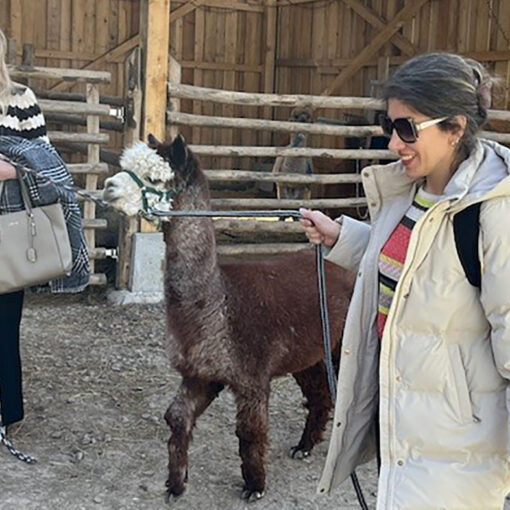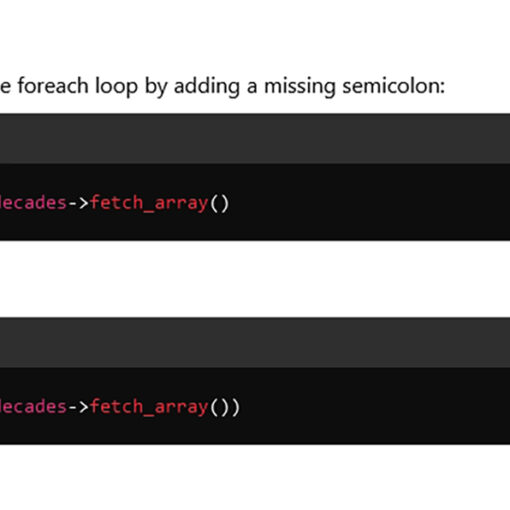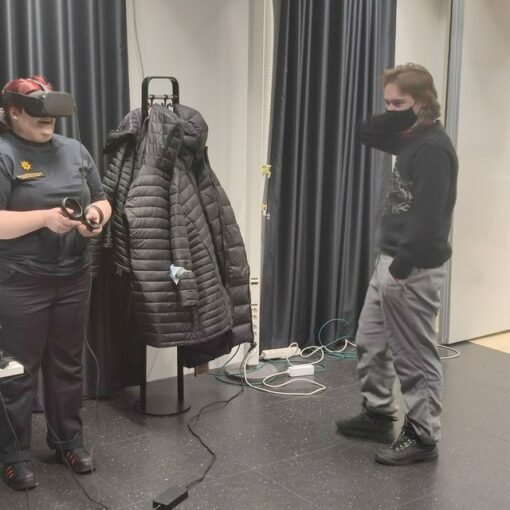The 17th annual International Conference of Education, Research, and Innovation (ICERI) -conference gathered teachers and researchers from around the world in Seville from 11-13th November 2025. ICERI (2024) is part of the IATED conference family (ICERI, INTED, and EDULEARN conferences) (IATED 2024).
One of the essential themes in this year´s conference was the use of AI in teaching and education. Bart Rienties from The Open University, UK, gave a keynote speech on using generative AI to support more engaging learning experiences. Another keynote speech was given by Pat Yongpradit from Code.org, USA, about AI Literacy: Teaching With and About AI.
Approximately 800 participants worldwide attended the conference this year to share their project experiences, educational insights, and research in various disciplines. For example, researchers from health care, business, technology, and linguistics attended the conference. ICERI conference is an excellent way to network and find new project partners. Participants can present either online or in live sessions at the conference.
Sustainability and social impact of education
One of the ICERI sessions focused on sustainability and social impact education. Education and research projects highlight sustainable development goals (United Nations 2024). In the session, scholars discussed, for example, how SDGs and CSR (Carrol 1991) can be taught and enhanced among SMEs and firms in Finland. For example, Finnish SMEs have faced several sustainability and corporate social responsibility (CSR) demands from their stakeholders, including environmental, social, and economic responsible operations.
![[Alt text: a person is having a presentation.]](https://blogit.lab.fi/labfocus/wp-content/uploads/sites/8/2024/11/950_2024_Experiences-from-ICERI-conference-1024x419.jpg)
VALIOT project (VALIOT 2024) lecturers Suvi Sivén and Terhi Saarijärvi presented “Strengthening small and medium-sized enterprises´ responsibility competence in higher education studies” in the session, where they introduced the pedagogies and learning contents used in the Basics of CSR course in the VALIOT project. In more detail, Seppo platform (see Seppo 2024) was introduced as a form of gamification. Gamification, in general, has been seen as an effective and meaningful way of learning (Stieglitz et al. 2016)
In the Sustainability and social impact of education session, Saarijärvi & Siven presented how they developed the Seppo game based on the learning contents and material of CSR. The learning content was created in their earlier Green Responsibility project by the project team of LAB and Laurea University of Applied Sciences (see Vihreä vastuu 2024). In the Seppo game, participants conducted separate tasks related to environmental, economic, and social responsibility; they analyzed the current status of each part of the CSR in their firm and their future needs for CSR development. Seppo game of the course can be done in teams or individually. However, SME teams did not compete against each other in the Seppo game.
In the Basics of CSR course, team-learning methods were highlighted. Team-learning is based on the concept of Knowledge-Creating Company (Nonaka 1995) and Learning Organization (Senge 1990). Participants worked in teams, and knowledge sharing was manifested in online meetings with other SMEs, where they could share their understanding and questions related to sustainability and CSR.
Seppo game and SME participants
Project lecturers collected feedback from the Seppo game. Team-working and creativity were highlighted as good experiences of the Seppo game, and SME participants experienced the tasks as very practical and useful for them. In addition, participants felt active and focused when doing the Seppo game (on a scale: bored-active-focused-motivated). So far, many SMEs felt that SDGs and CSR had been too abstract for them, but once they had conducted the Seppo game, they understood SDGs and CSR actions more concretely. Noteworthy, SME participants can conduct Seppo game during the time of the VALIOT project (until August 2025), so the final project feedback is available in 2025.
Authors
Terhi Saarijärvi D.Sc. (Econ. & Bus. Adm., RDI expert) works as a lecturer in the VALIOT project at the LAB university of AppliedSciences, Lappeenranta, Finland. In addition, she is co-leading entrepreneurial learning contents work package in the SmartVille project.
Suvi Sivén works as senior lecturer at the Laurea University of Applied Sciences, Finland.

References
Carrol, A. B. 1991. The pyramid of corporate social responsibility: Toward the moral management of organizational stakeholders. Business Horizons, Vol. 34:1, July-August 1991, 39-48.
IATED. 2024. Conferences websites. Cited 14 Nov 2024. Available at IATED Conferences
ICERI. 2024. Conference websites. Cited 14 Nov 2024. Available at ICERI2024 – International Education Conference in Spain, 11-13 November
LAB. 2024. VALIOT – Vastuullisuus- ja liiketoimintaosaamisen vahvistaminen pk- ja startup-yritysten henkilöstölle. Project. Cited 14 Novr 2024. Available at https://lab.fi/fi/projekti/valiot
Nonaka, I. 1995. The Knowledge Creating Company: How Japanese companies create the dynamics of innovation. New York: Oxford University Press.
Senge, P. 1990. The fifth discipline.The art and practice of the learning organization. USA: Doubleday/Currency.
Seppo. 2024. Seppo gamification solutions. Cited 14 Nov 2024. Available at Seppo gamification solutions | Magical Learning Moments
Stieglitz, S., Lattemann, C., Robra-Bissantz, S., Zarnekow, R. & Brockmann, T. (eds.) 2016. Gamification: Using Game Elements in Serious Contexts. Cham: Springer International Publishing AG.
United Nations. 2024. Sustainable Development. Cited 14 Nov 2024. Available at THE 17 GOALS | Sustainable Development
Vihreä vastuu. 2024. Project websites. Cited 12 Nov 2024. Available www.vihreavastuu.fi




